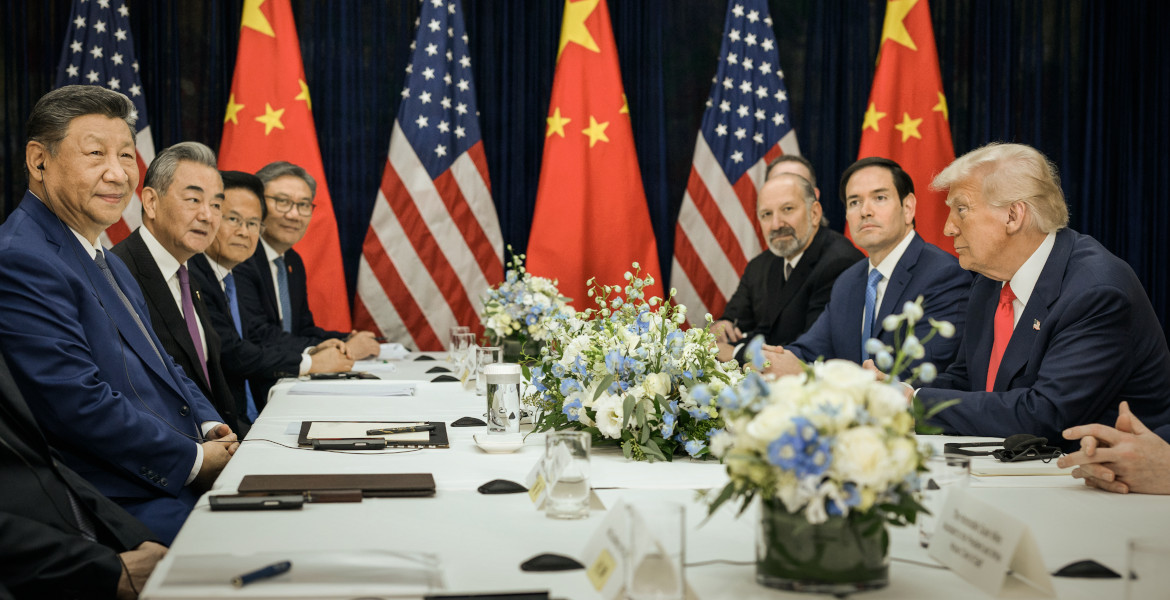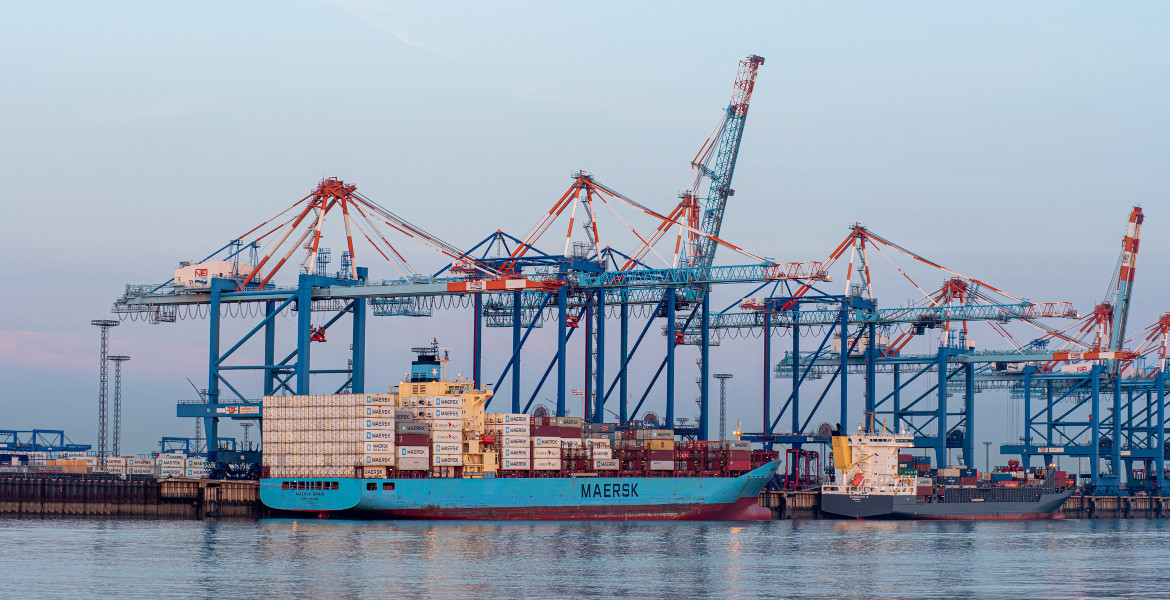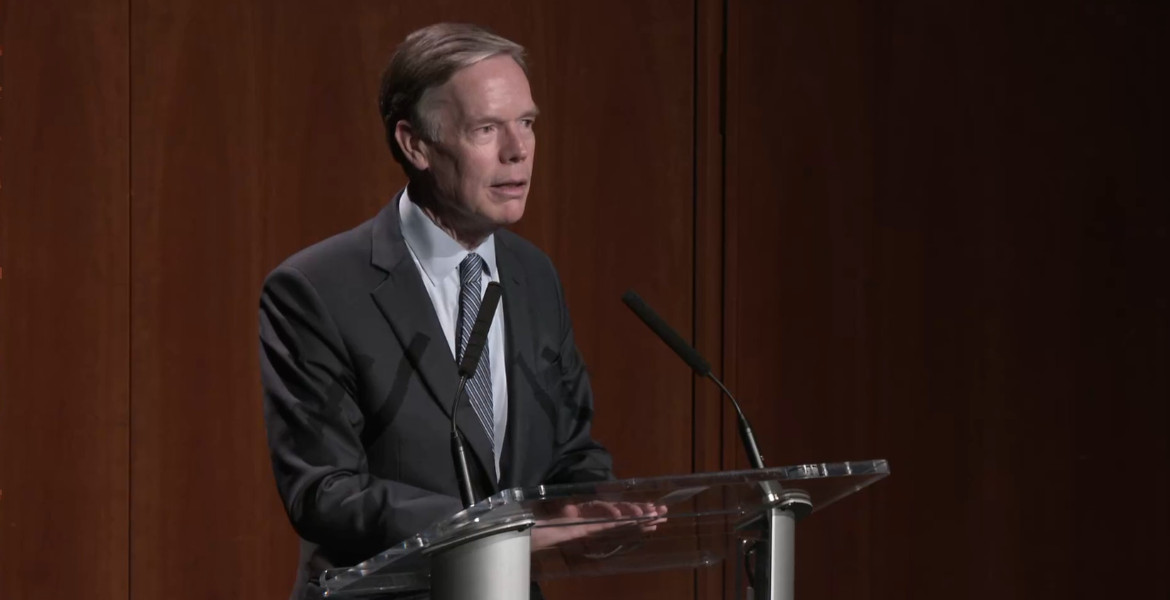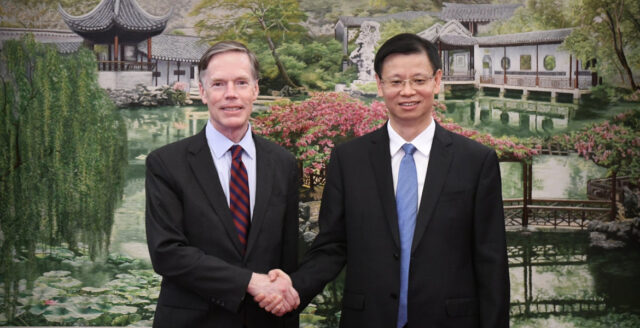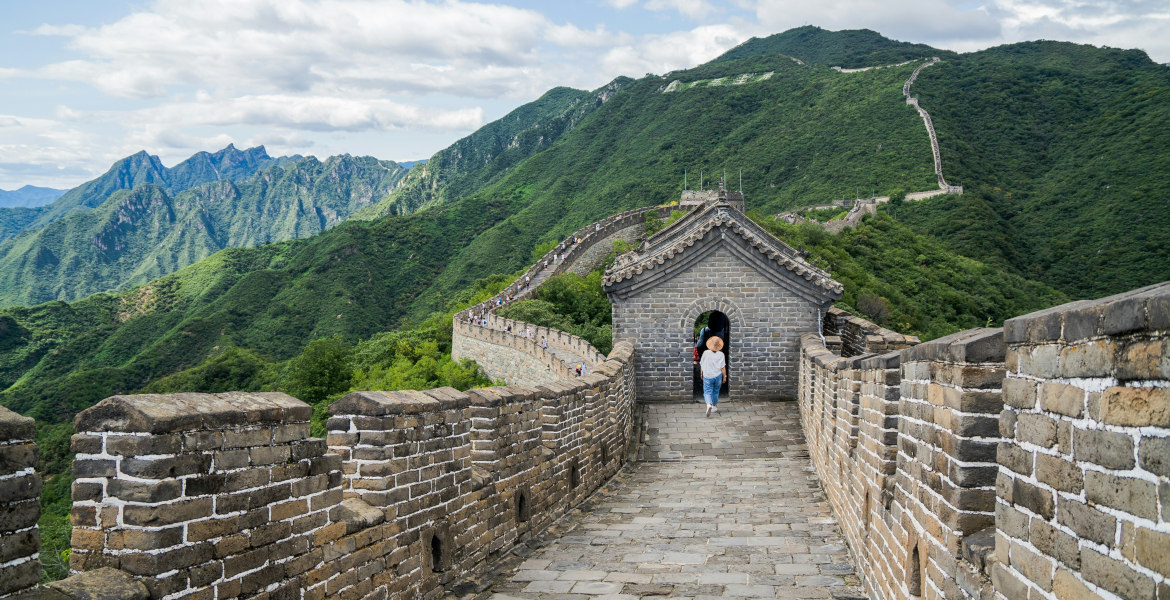A new international order is emerging. The world is moving from a unipolar world order to a multipolar order in which the self-determination and sovereign interests of individual countries must be respected. This is a very positive direction for world history, because it means that the old colonial system, which has unfortunately dominated the world until today, is coming to an end. No matter how the world develops in the future, there will be no place for, and no way to return to, the old-style colonial unipolar world order.
China has played a decisive role in this, thanks to the economic development that has taken place in the country over the past 40 years. It is China and the Belt and Road Initiative (BRI) global development platform that has played a crucial role in realizing the new world order. At the time of writing, more than 150 countries, representing 75 percent of the world's population and 50 percent of its economic capacity, have joined the collaboration.
The old colonial system, which has unfortunately dominated the world until today, is coming to an end.
So it is time for the West to wake up and join China's BRI in a spirit of cooperation and friendship. But this may be easier said than done. There are forces that still defend the old unipolar world order, i.e. Anglo-American imperialist policies. They seem to prefer to risk serious conflicts and, in the worst case, a global war. If we want to avoid this, some adjustments have to be made in the way decision-makers in Western Europe, the US and the UK think and act. Joining NATO is a completely wrong decision by Sweden's decision-makers.
When President Xi Jinping launched the BRI in 2013, it was clear that he had plans for China's modernization and long-term economic development. Today, the country's large population and labor force are engaged in a variety of large-scale infrastructure projects, water projects, road construction and the world's largest manufacturing industry. China has lifted 800 million people out of extreme poverty. The transformation that China is undergoing is a unique feature of world history, unlike any other nation in history. And it will continue.
But the focus is not only internal. China is launching the BRI as a platform for infrastructure development to eradicate world poverty. But Western European politicians refuse to recognize China and the BRI as a positive basis for international cooperation. They continue to talk about trade barriers and "de-risking," suggesting that they are unwilling to contribute to these global changes. I believe this can change, and I will work to make it happen. But whether it succeeds or not, China's development will continue - I see no sign whatsoever that it will stop or slow down in any significant way.

China is a brilliant model of international modernization and development for other countries in the world. It is not that other countries need to follow exactly the same recipe as China. China has its own history and civilization to build on, which is a great culture and civilization. But both in the past and in the present, it has made unique changes in development and modernization, not only in practical terms of the economy, water projects, energy and transportation, but China is now clearly becoming a leader in the research and development of fusion technology, which is the form of nuclear power that will provide virtually unlimited energy resources, and is playing a major leading role in new frontier areas such as the development of space technology.
One consequence of these advances is that the need to educate and raise the knowledge and thinking of Chinese citizens to new levels will only increase. I believe this is what makes the Chinese people happy, and I believe this kind of optimistic forward thinking can lift any nation. The idea of recognizing the pursuit of the common good as a guiding principle for the country was once fundamental to my own country, the United States. This idea was best expressed by President Lincoln as follows: Government of the people, by the people, for the people.
Unfortunately, this has not been the focus of current US policymakers since the end of World War II. But I believe we can restore this principle in the United States. When we do, the principle of representing the common good - a community for a common future for humanity - will reemerge. This is the central idea of the Belt and Road Initiative and the forward movement in China.
The idea of recognizing the pursuit of the common good as a guiding principle for the country was once fundamental to my own country, the United States.
In 2023, the BRI celebrated its 10th anniversary. The project has already had a profound impact in Africa. It is in many countries in South America. We have the connection from Kunming to Vientiane in Laos. We have the agreements between China and Indonesia, which has one of the largest populations in the world, to cooperate with the BRI. So in this relatively short period of ten years, we have seen changes in the world based on the idea of infrastructure development as a basis for poverty eradication. And there is no other way to do it.
The general failure of Western policymakers in the modern era, since World War II, but also since the 1970s and '80s until now, under the IMF and the World Bank, has meant that development in the world has not moved forward. In fact, it has generally been prevented. So we are already seeing that the rest of the world, whether the leaders in the West like it or not, are joining the Belt and Road Initiative and cooperating with the vast majority because it will lift their nations and the world in general out of poverty.
Sweden, in my opinion, would benefit enormously from this cooperation, much more than they are currently doing by insisting on military escalation and joining NATO, which will neither help the Swedish people nor contribute to peace and development in the rest of the world. So the Belt and Road Initiative is the direction humanity needs to work in, and it is time for Western European countries to wake up and realize this.
The criticism of the BRI as a debt trap, with accusations and descriptions of debt-ridden countries cooperating with China, is mainly aimed at Western people. This kind of rumor-mongering is a propaganda tool aimed at undermining China for geopolitical reasons. Western policymakers want to defend the current unipolar order, so they want to demonize China in this way.
The Belt and Road Institute in Sweden and my colleague Hussein Askary have researched this extensively and shown that these accusations have no substance whatsoever - they are a sham. This research is documented and available on our website.
Western policymakers want to defend the current unipolar order, so they want to demonize China in this way.
In addition to the BRI, China has launched three other initiatives. The GSI - Global Security Initiative, which was submitted to the UN to promote world stability; the GDI - Global Development Initiative, to further strengthen the development direction set by the BRI; and the GCI - Global Civilization Initiative, to promote cultural exchanges. The need for stability and development is evident in the dangerous conflicts in Ukraine and Gaza; unfortunately, there is too little interest in ending the devastating consequences for the populations of these areas.
The GCI - the Global Civilization Initiative - the latest of the initiatives, I think is particularly important, and my colleague and I are now highlighting this in a series of interviews. We are talking about one of the great universal thinkers in European history, Gottfried Wilhelm Leibniz, who lived from 1646 to 1716, during the time of the Kangxi Emperor of the Qing Dynasty in China. During this time, there was an exchange between Europe and certain Jesuit missionaries who worked to share knowledge in astronomy, mathematics, and geography. Many of these missionaries adopted the ideas of Matteo Ricci. Matteo Ricci is known in China as one of the most respected Western thinkers because, in addition to being a missionary, he was fluent in written and spoken Chinese. He was admired by the leading Confucian intellectual circles in China at the time.
It is this kind of exchange that allows us to understand the deeper aspects of civilizations, both in China and in the West. It is, in my view, an important basis for overcoming political negativity, sometimes acrimonious exchanges, and arrogance by taking the thought processes back to a time and place where there was a real idea of what we have in common. We respect that there are differences, but we also see the common qualities, the respect for the common good and the goodness of human reason, which can be the bridge that reunites Europe and China in the way that Leibniz sought in his time.
I want to emphasize that these ideas are not academic, although there are many important ideas that scholars have put together that I can support and refer to. I bring this up because it is about creating a living dynamic of how we can overcome the demonization and hostility between East and West. These kinds of attitudes tend to break down communication - so we need to do the opposite.
It is about creating a living dynamic of how we can overcome the demonization and hostility between East and West.
Chinese civilization is on the verge of a historical rebirth. Those who have studied its history at all know that it is a very long and profound cultural history. China will draw on its entire history to move forward, as it has already done, and in addition to leading the unstoppable global economic development, it will pioneer space technology and new energy sources such as fusion power, which it is only a matter of time before they are commercialized.
With a greater awareness of its deep cultural history, people would not feel threatened by China - rather they would see this great civilization as a great asset.
Stephen Brawer,
Chairman of BRIX Sweden - The Belt and Road Institute in Sweden
BRIX Sweden - the Belt and Road Institute in Sweden, is a non-profit association founded by the organizers, speakers and participants of a seminar on the Belt and Road Initiative (BRI) and its economic and strategic importance for Europe and Sweden, which took place in Stockholm on 30 May 2018. The seminar was jointly organized by the Schiller Institute and the China-Sweden Business Council.
BRIX members include entrepreneurs, economists and strategic experts with a wide range of expertise in Swedish and Chinese economic issues. Their common conclusion is that the BRI is not only important for good economic and political relations between China and Sweden, but also fundamentally favorable for economic development and peace among all countries.


